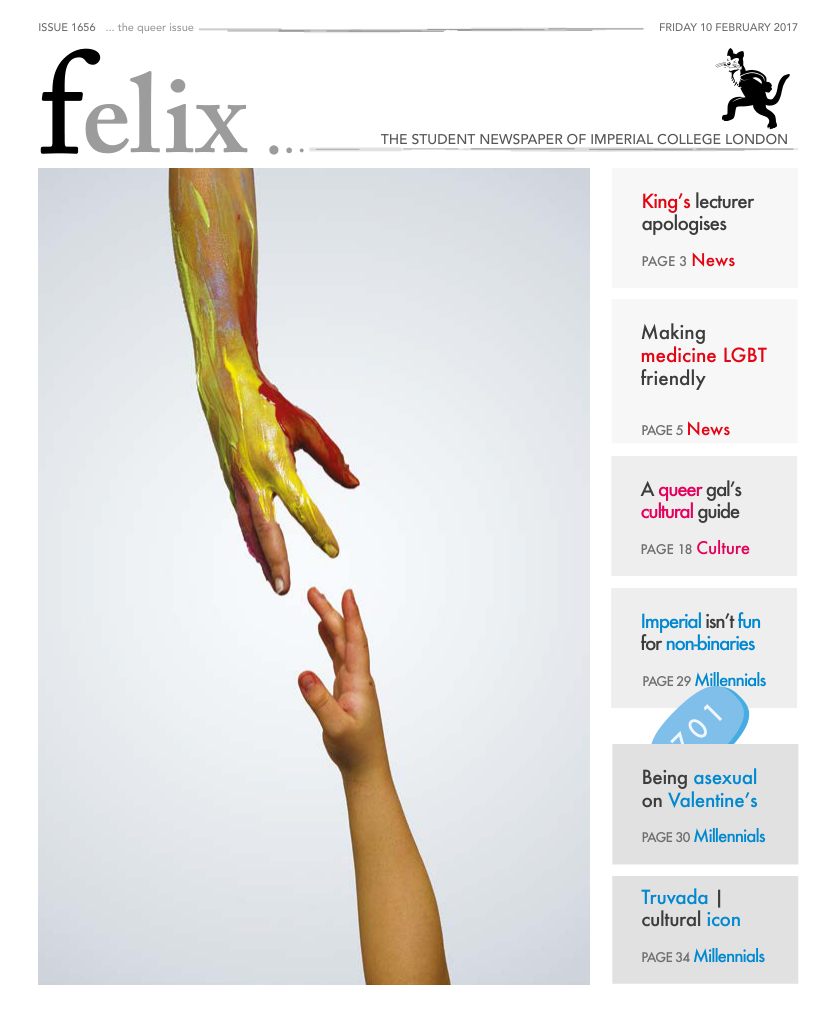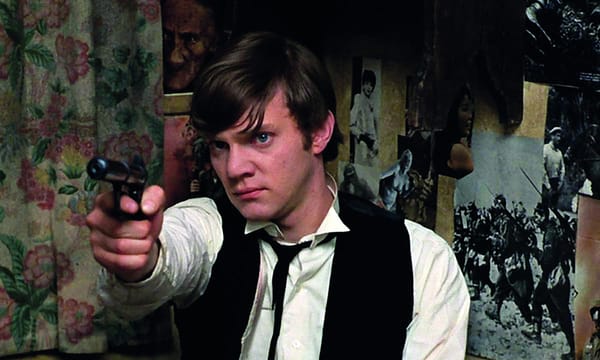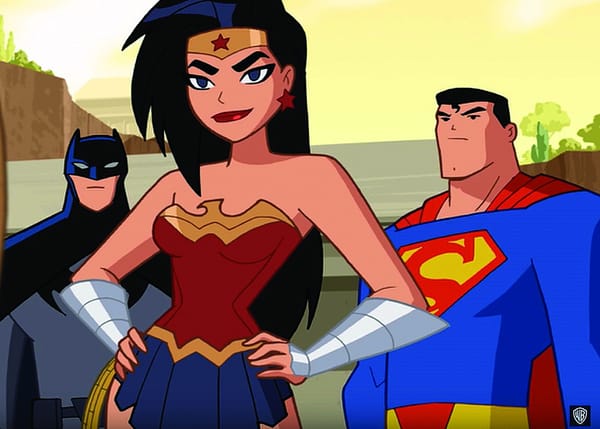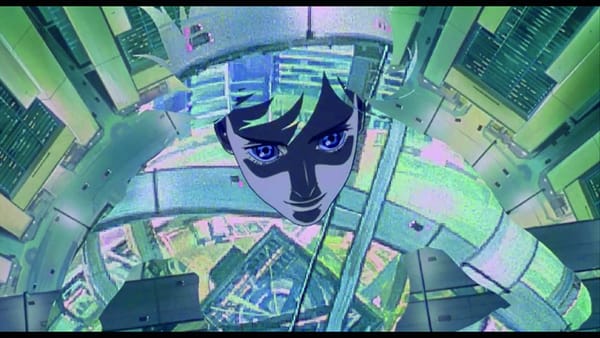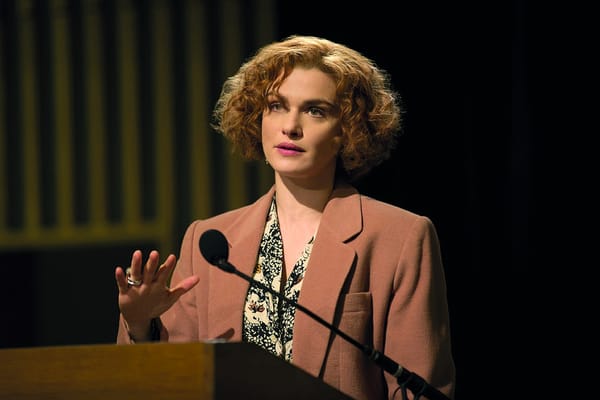Criminally short | The Benefits of Gusbandry
First debuting as a web-series in late 2015, The Benefits of Gusbandry has only recently joined the Amazon Prime arsenal. As a series trying to portray a different side of the relationships between man and woman, how does it stack up?
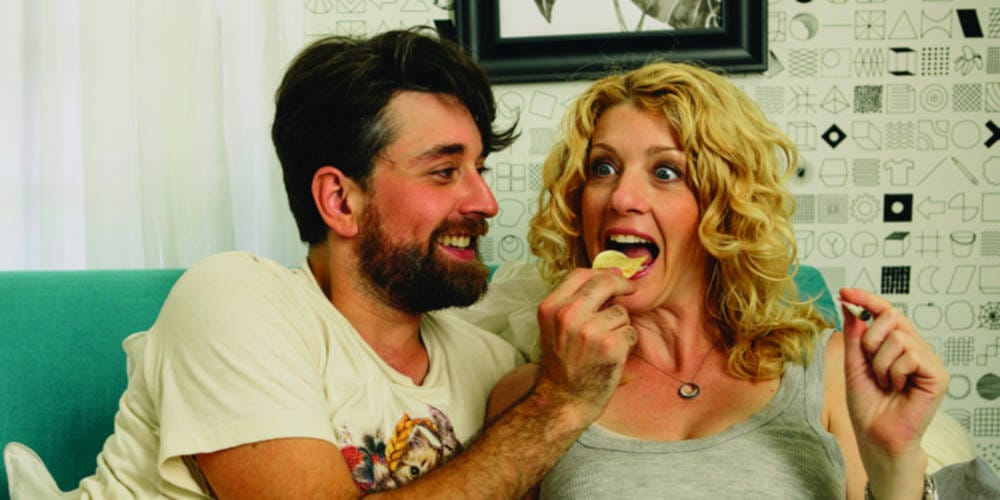
Built from the ground up by creator Alicia J. Rose, this series of ten-ish minute shorts chronicles the ever-evolving relationship between 40-something Oregonite Jackie, and her so-called ‘gay husband’, River. Now, to the uninitiated (as I was) this may conjure up images of cringe-worthy sitcom shenanigans. Rather, what we get is an often genuine and frequently heartfelt attempt at eschewing the traditional relationship paradigms one finds on TV.
Certainly, it is tempting to draw comparisons between Benefits and the seminal 90s sitcom, Will & Grace. While there are certainly echoes of the central protagonists of that series to be found here, Gusbandry strives to go one step further by aiming for greater authenticity in its portrayals of its gay characters, and by trying to stray away from some of the stereotypes shows like Will & Grace sometimes slipped into. On this front, it hits more than it misses.
“Men crave women in their life, and women crave men in their life, but it doesn’t have to be in a heteronormative way. Relationships that are founded and thrive on alliance, acceptance and love – that’s really important” says Rose in an interview with Out Magazine, distilling the mission statement of the show into one sentence. Interestingly, this is Rose’s first major such project. Having previously worked on music videos and as a photographer, Rose claims to have based facets of the show on her own experiences. River himself is said to be modelled after her long-time friend and LGBT activist Lake Perriguey; who also happens to be Oregon’s first non-binary individual. As such, Rose has made clear that it was always very important for her to have an actual gay man playing River.
The series itself starts out at Jackie’s 40th birthday party, quickly setting up her character. She’s jaded, witty, and with a trail of bad relationships behind her; in short, a typically trope heavy sitcom protagonist. It’s here she meets River, initially not realising he’s gay and developing a crush on him. Thankfully, this misunderstanding is rapidly cleared up, and what follows is a series of snapshots of different stages of their friendship.
Brooke Totman does an amicable job as Jackie, especially considering that not all her material is stellar. The real star of the show, however, is Kurt Conroyd as River. He effuses charm, and the chemistry between him and Totman drives the show. It makes the more heartfelt moments of the series feel all the more genuine.
In tone, The Benefits of Gusbandry is not at all ostentatious, instead opting for a more down-to-earth vibe. This certainly helps it feel realistic, although sometimes gratingly so. In addition, while the humour is generally good, jokes do fall flat a not-insignificant proportion of the time. Most of these are concentrated towards the beginning of the series, however, as the show has some teething troubles. The aforementioned character interactions are likeable enough, however, that the series managed to hold my interest despite these hurdles.
Frustratingly, however, the show fumbles slightly in its final episode. Not only does it opt for a cliff-hanger ending, which wouldn’t be so bad on its own, but it also annoyingly opts for a classic ‘misunderstanding’ plot. This agonises the viewer and just makes it feel like a waste of time. While The Benefits of Gusbandry certainly mixes things up, and strives to show the under-represented sides of the gay community, it still keeps a somewhat limited perspective; falling into the majority of white male gay characters found in TV.
All things considered, The Benefits of Gusbandry is a great show, especially making concessions for its length, and the fact that this is creator Alicia Rose’s first major project. While the comedy isn’t always perfect, it strives to be, and its efforts to broaden the views of the gay community typically found on TV must be appreciated.

